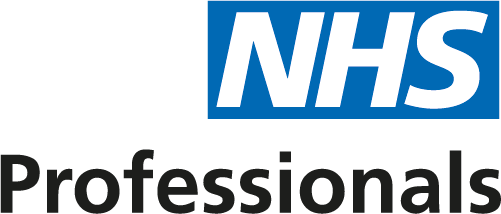
 Speech and Language Therapist in Guildford inGuildford
Speech and Language Therapist in Guildford inGuildford PUBLISHED FRI 23 AUG 2024 Jump to job information section
NHS Professionals Limited rOX1jVLY
Job description
In this role, you will act as lead clinician across acute services (Inpatient and Home Treatment Team) for working age adults, by ensuring both communication and dysphagia pathways are developed and followed by all staff, training and clinical supervision is provided and standards of service provision are set, monitored and maintained. This role will promote good communication standards so that people who use the service, and their families and carers, are involved in decisions about their own care and the service in a way they wish to be.
As the team lead, you will be professionally and legally responsible and accountable for all aspects of clinical work and care and to maintain high standards of care in all areas of practice in accordance with the HCPC Code of Conduct, professional guidelines and Trust Policies and Procedures. It will be your duty to develop and promote a communication pathway that provides assessment, advice and intervention in order to promote choice making, joint decision making, shared risk management and joint care planning. You will provide recommendations for all staff working with individuals with speech, language and communication needs and support the service to make reasonable adjustments for individuals with speech, language and communication needs who require treatment for a mental health condition.
The post is suitable for someone who is passionate about contributing to a high quality and holistic approach as part of a multidisciplinary team to support people who use our services.
About us
Some of the main Responsibilities of the role include the following
To develop a safe and effective dysphagia service that provides dysphagia assessment, advice, and intervention in order to stabilise and/or reduce associated clinical risks on oral intake, make recommendations regarding environment, positioning, dysphagia techniques and/or texture modification of diet and fluids.
To develop and promote a communication pathway that provides assessment, advice and intervention in order to promote choice making, joint decision making, shared risk management, joint care planning.
To provide recommendations for all staff working with individuals with speech, language and communication needs.
To support the service to make reasonable adjustments for individuals with speech, language and communication needs who require treatment for a mental health condition.
To develop systems to respond to communication and dysphagia referrals in a timely and safe manner.
To provide specialist advice to Speech & Language Therapy staff and other members of the multidisciplinary team and wider Trust through case discussion, formal consultation, clinical supervision and education.
To support the organisation through the provision of resources, training, and education in the area of communication, dysphagia and mental health.
To undertake violence reduction training to develop skills to be able to respond to local alarms and emergency situations when raised, assisting with restraints to keep people on the wards safe.
Use Violence Reduction techniques and de-escalation skills in managing own safety on the unit.
To deal with repeated and varied interruptions from staff and patients as well as the unpredictable nature of working in an acute mental health setting.
Show empathy and reassurance to patients, carers and relatives when imparting sensitive information and be able to deal with exposure to clients with complex learning and emotional needs such as distressed, anxious, psychotic and aggressive patients and dealing with behavioural difficulties and those problems associated with substance misuse.
If you're interested in this role but you have questions or you're not yet ready to apply, then please book a quick call with us and we'd be happy to answer any questions you have and tell you more about the role.
Requirements
See the job description for full role requirements.
Benefits
Benefits are provided by the employer and will be confirmed during your application.
A quick tap lets us tune future job matches for you



Scan with your phone to return to this page later.